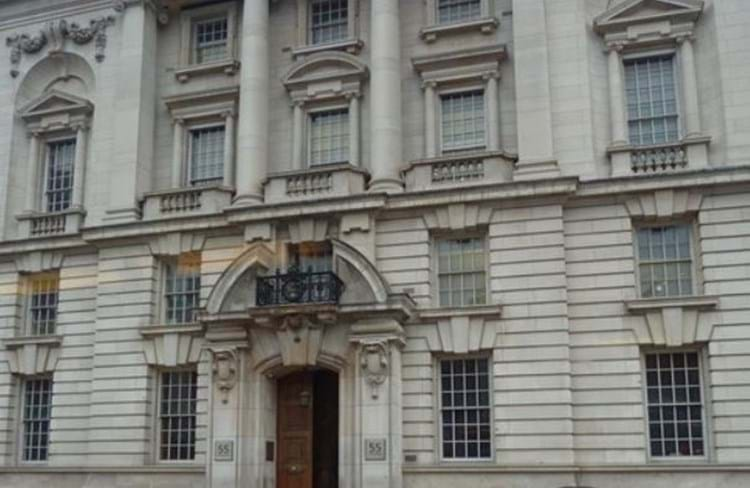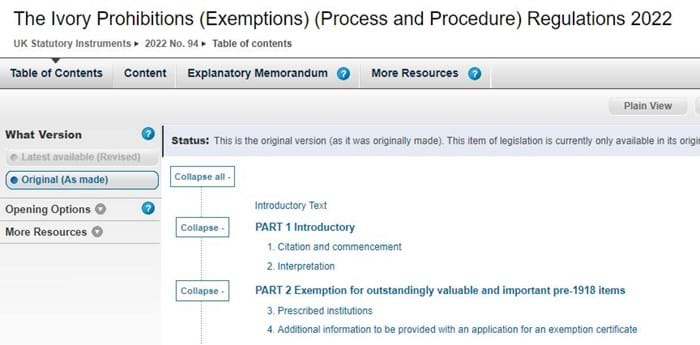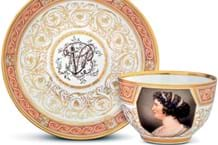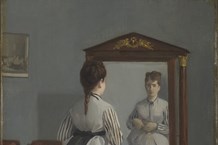
The Department for Environment, Food & Rural Affairs (Defra) is planning a consultation on elements of the Ivory Act.
Image copyright Anthony O'Neil via Geograph. Image licence here.
On February 3 the government laid out a statutory instrument (a form of legislation) that sets out the provisions for the operation of exemptions under the Ivory Act. A new digital service will be launched on February 24 allowing dealers, auctioneers and collectors to register and certify exempted ivory items they want to sell – with enforcement beginning in the spring.
Once it is enforced it will be illegal to deal in ivory works of art unless the item meets one of the five narrow exemptions and is registered or has an exemption certificate.
The digital service will allow applicants to apply for certificates and register items they believe to be exempt under the descriptions listed on the front page.
The 5 exemptions to the ban are:
■ Pre-1947 items containing less than 10% ivory by volume.
■ Pre-1975 musical instruments containing less than 20% ivory by volume.
■ Pre-1918 portrait miniatures with a surface area of no more than 320 sq cm
■ Sales to, and hire agreements with, qualifying museums.
■ Pre-1918 items with outstanding artistic, cultural, or historical value
The fee for this will be £20 per item or £50 for a group of objects (up to a maximum of 20 if they are being sold to the same buyer and meet the same exemption).
Higher fee
However, applying to sell an antique (pre 1918) on the grounds it is of ‘outstandingly high artistic, cultural or historical value’ will be subject to a fee of £250, comprised of £20 for registration and £230 to cover the cost of expert advice provided by a committee.
The committee is made up of specialists from the Ashmolean Museum; Glasgow Museums; Horniman Museum; Manchester Museum; National Maritime Museum; National Museums Scotland; Royal Armour i es Mus eum; University of Cambridge Museums; and Victoria & Albert Museum.
There is no requirement to register an item if the owner does not plan to sell. However, these fees will apply every time an item is sold.
The Ivory Act was given Royal Assent in December 2018 but the enforcement was delayed due to the administrative and legal changes needed to be in place around the workings of the new law as well as a legal challenge mounted by antiques dealers under the lobby group Friends of Antique Cultural Treasures (FACT) Ltd.
Compliance plan
The Department for Environment, Food and Rural Affairs (Defra) said the Animal and Plant Health Agency (APHA) will work with traders and owners to ensure they were compliant with the ban.
APHA has the role of regulating the act and is responsible for checking registrations and applications.
Details of the regulations are on the government website
legislation.gov.uk/uksi/2022/94/contents/made
■ Last month the sale of antiques containing ivory changed in the Europe Union. From January 19 European Commission laws prevent the commercial export and import of most antiques containing elephant ivory to and from the EU.
The internal trade of pre- 1947 worked objects will be allowed to continue within Europe but will now be subject to a certification process.
As reported in ATG No 2524, intra-EU trade in pre- 1947 ‘worked’ ivory (plus musical instruments made prior to 1975) must be accompanied by a certificate issued by the CITES management authorities of each member state. But this process will be subject to a oneyear transition period and further details are awaited.
Ahead of the enforcement of the Ivory Act, dealer Michael Baggott has launched the Antiques Rescue Centre (ARC). He hopes antiques that can no longer be sold under the law and that may be at risk of being destroyed can be donated to the charity. The ARC will then archive, catalogue and photograph the items which can then be published in an online reference library and form a “national collection online [which] in time (hopefully) will become a dedicated physical centre”.
Baggott said the aim is “that every member of the public should eventually consider first saving, not scrapping, any antique item which it is no longer legal to sell”.
Read more about the ARC on page 67















